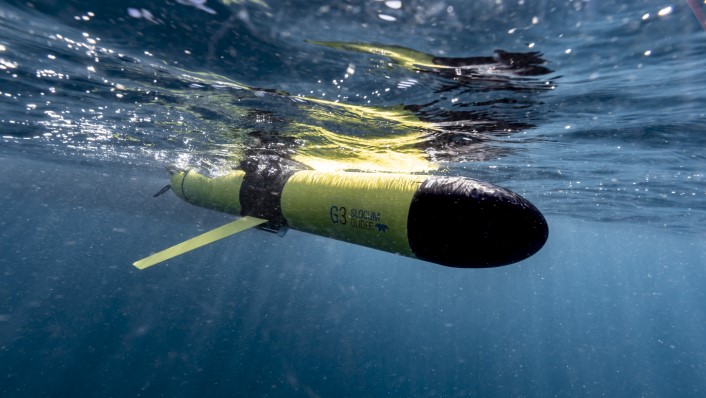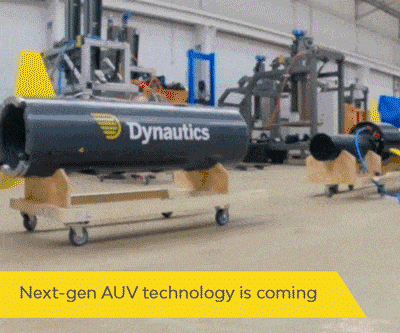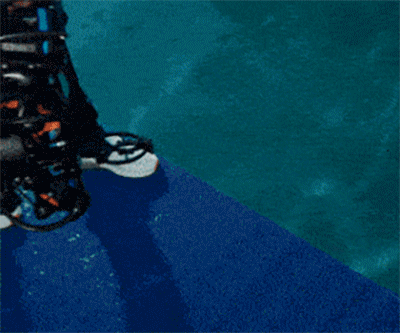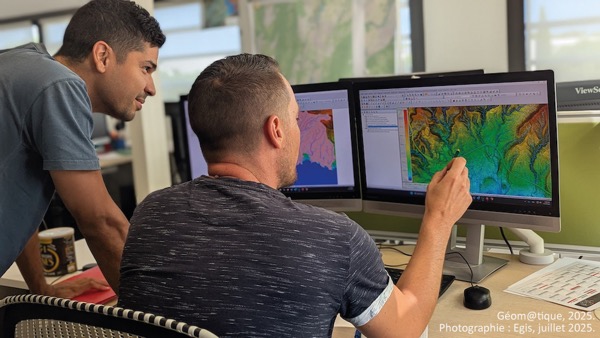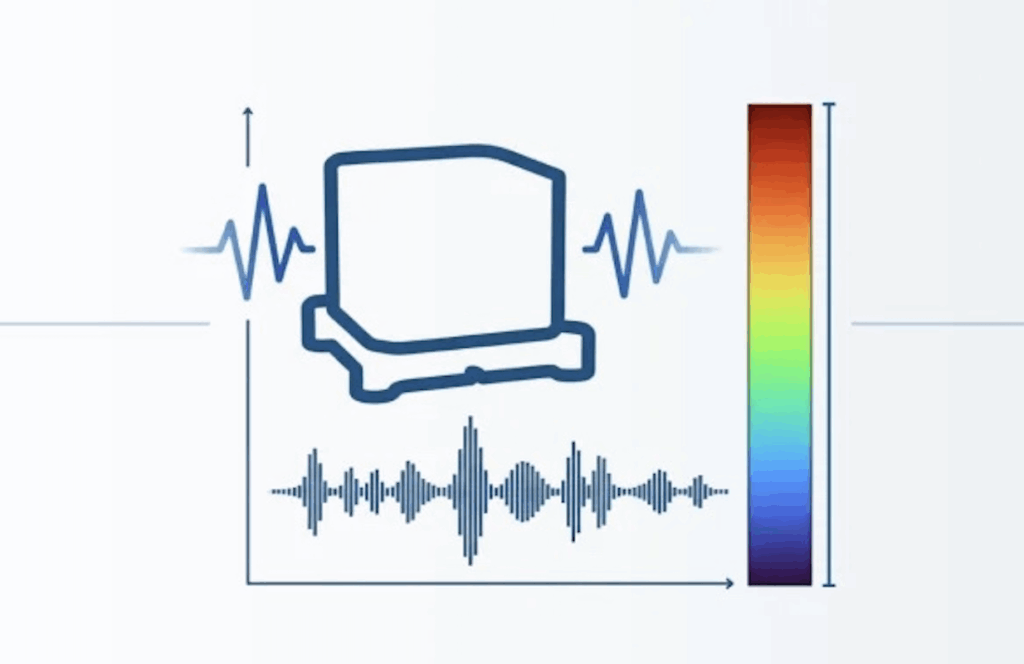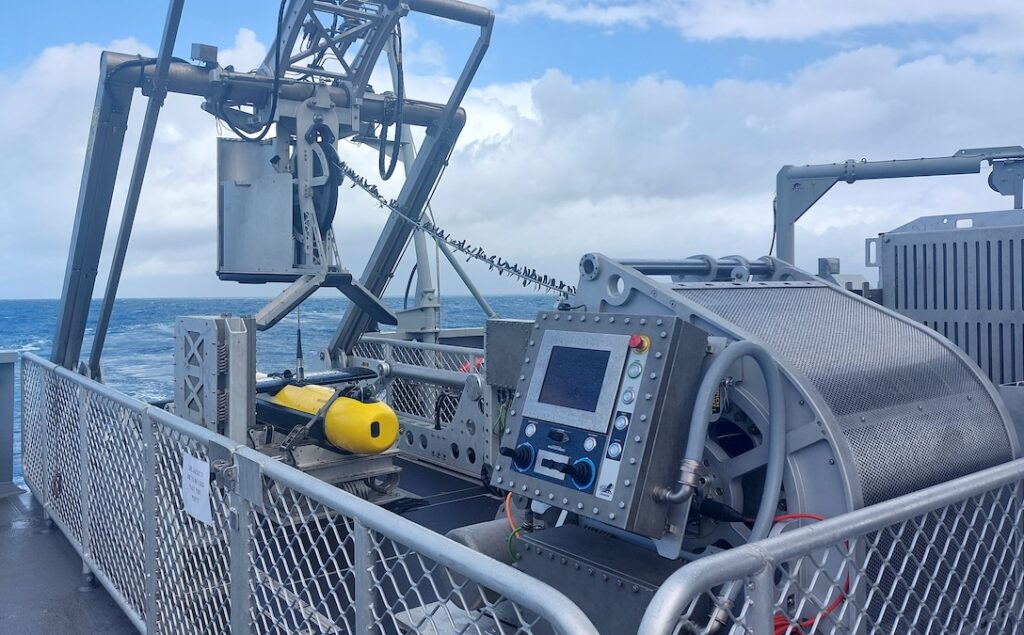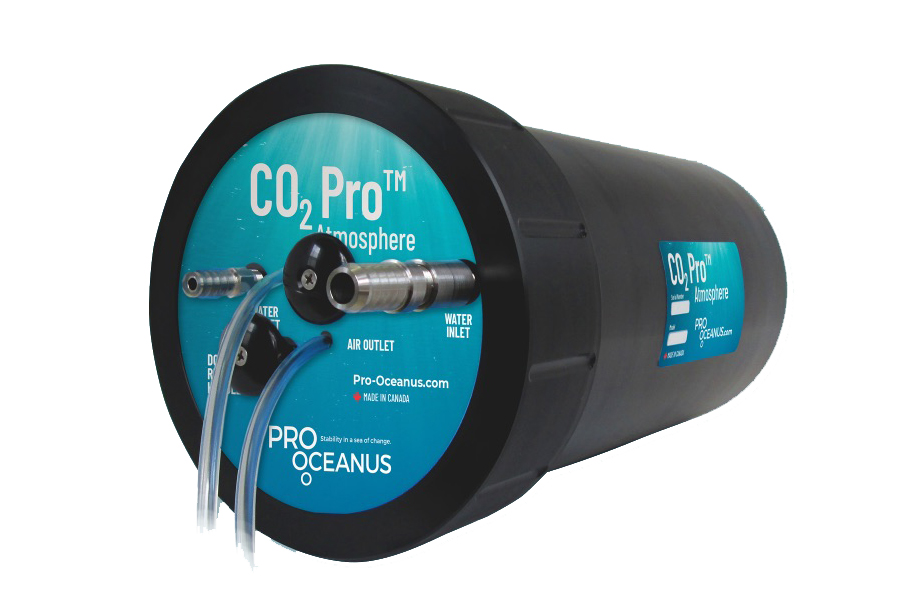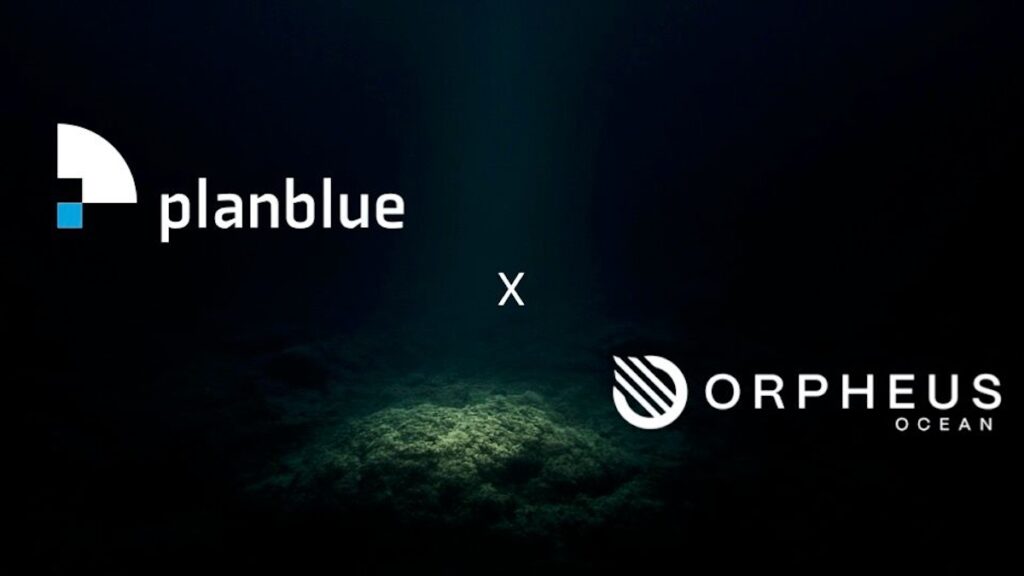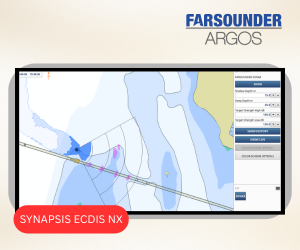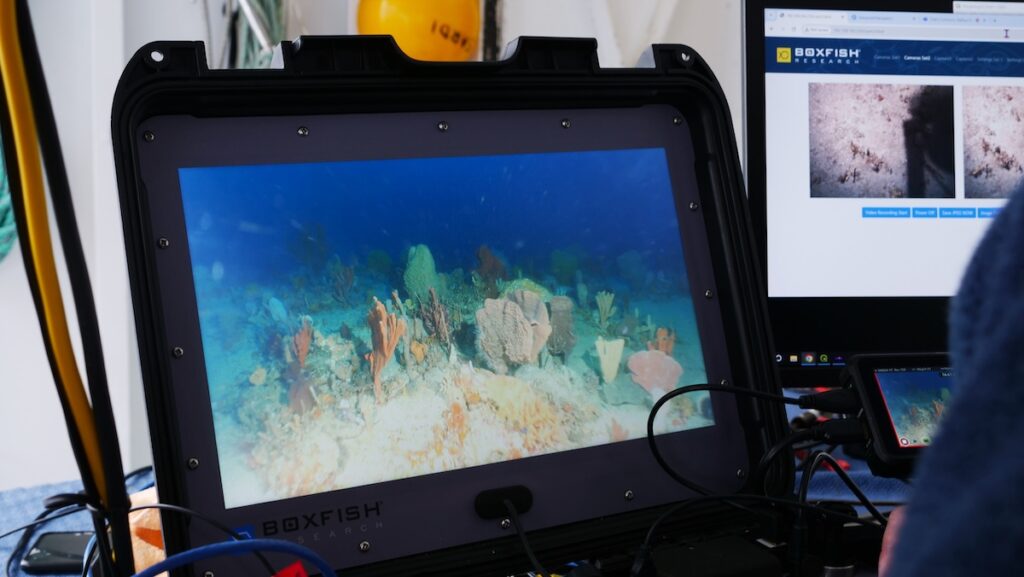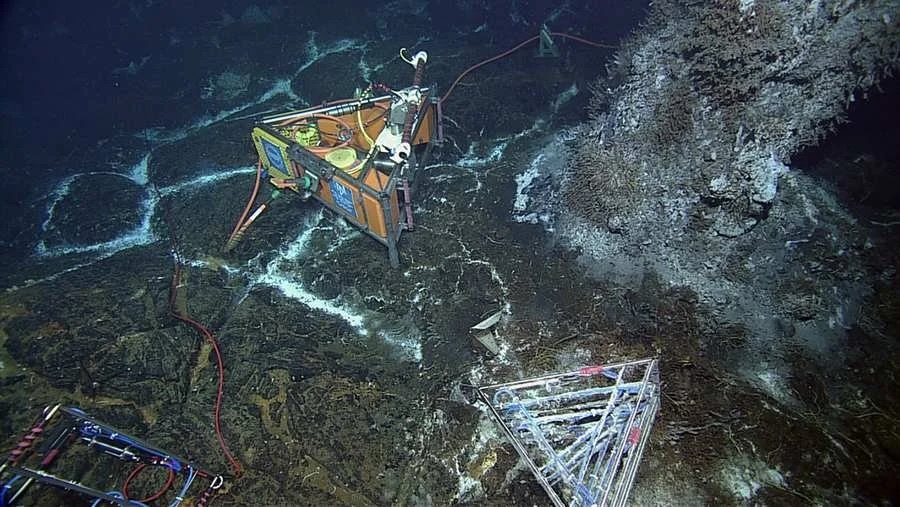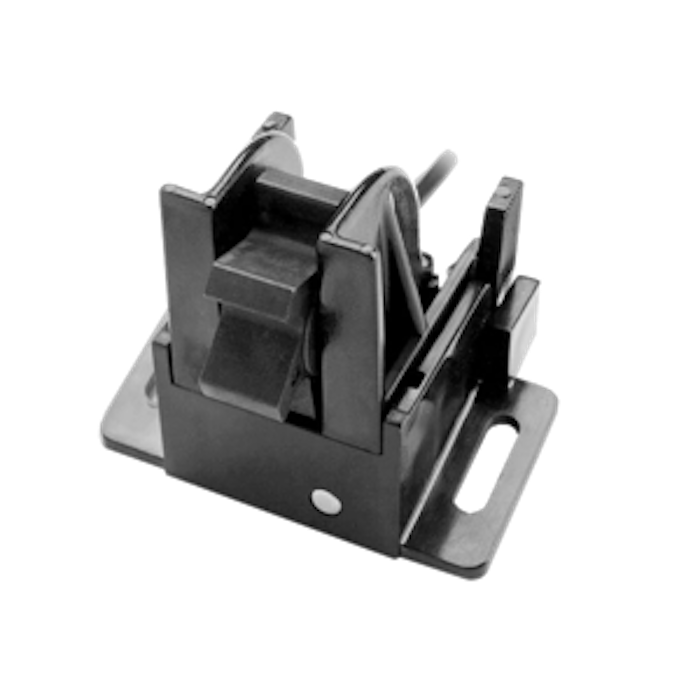
Water Temperature Sensor Technology
Discover cutting-edge solutions from 6 leading global suppliers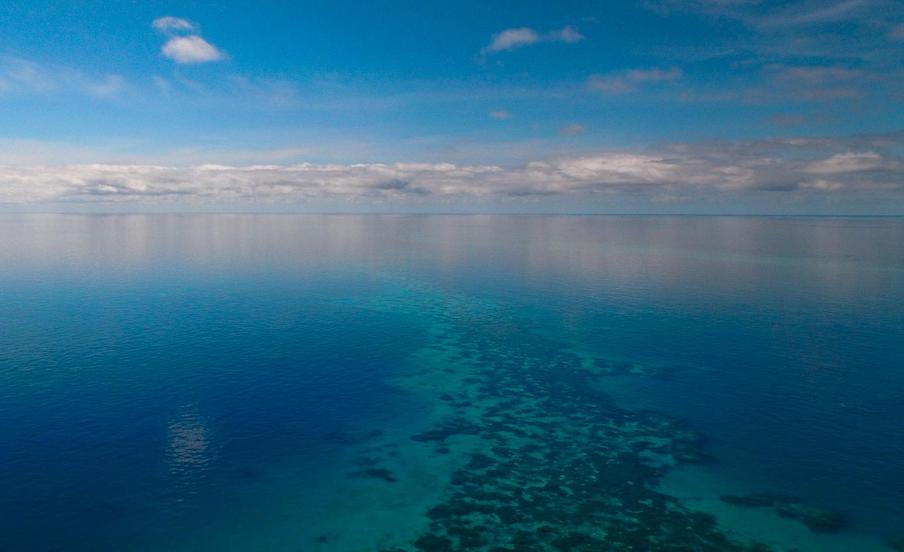
In a new review paper, AIMS oceanographer Dr Jessica Benthuysen and co-authors have found that researchers are developing their understanding of the 3D structure of marine heatwaves using observations and models.
The scientists described how a range of data sources were used to capture temperatures and how they changed during a marine heatwave on the Great Barrier Reef in February 2020.
This included the targeted deployment of Integrated Marine Observing System (IMOS) ocean gliders to understand how deep the marine heatwave reached, as part of the IMOS Event Based Sampling Facility.
Temperature loggers were also deployed on reefs, and underway systems on AIMS’ Research Vessel Cape Ferguson measured surface water temperatures, providing near real time data as it steamed across the Reef. AIMS weather stations were also leveraged, as well as IMOS moorings.
As the ocean warms under climate change, a better understanding of how damaging marine heatwaves develop and last may help scientists predict them more accurately and forecast their impacts on marine ecosystems.
Dr Benthuysen commented, “Marine heatwaves are damaging to critical ecosystems like coral reefs, driving mass bleaching events like the five we have seen on the Great Barrier Reef since 2016. We need to keep building our understanding of them through sustained and targeted monitoring. This can inform management actions.”
“Together these temperature measurements provided a comprehensive dataset for assessing the marine heatwave’s characteristics and impacts during the 2020 mass coral bleaching event on the Reef. These different kinds of publicly-accessible data highlights how Australia is a world leader in the monitoring of marine heatwaves in real time.”
The paper, ‘A global overview of marine heatwaves in a changing climate’, was a collaboration of international scientists who are a part of the Climate and Ocean Variability, Predictability, and Change (CLIVAR) project and was led by Dr Antonietta Capotondi of the University of Colorado Boulder in the United States.
Find suppliers and manufacturers of Water Temperature Sensor Technology >>




